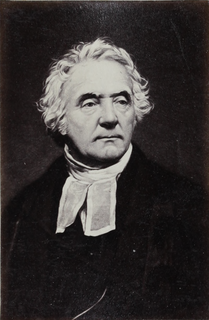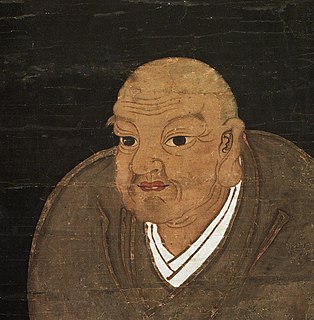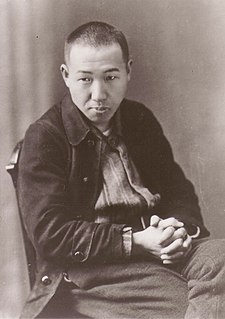A Quote by Desiderius Erasmus
Providence has decreed that those common acquisitions, money, gems, plate, noble mansions, and dominion, should be sometimes bestowed on the indolent and unworthy; but those things which constitute our true riches, and which are properly our own, must be procured by our own labor.
Related Quotes
The great have private feelings of their own, to which the interests of humanity and justice must curtsy. Their interests are so far from being the same as those of the community, that they are in direct and necessary opposition to them; their power is at the expense of OUR weakness; their riches of OUR poverty; their pride of OUR degradation; their splendour of OUR wretchedness; their tyranny of OUR servitude.
Vanity, fear, desire, competition - all such distortions within our own egos - condition our vision of those in relation to us. Add to those distortions to our own egos the corresponding distortions in the egos of others, and you see how cloudy the glass must become through which we look at each other.
This must be our belief when we have a correct knowledge of our own self, and comprehend the true nature of everything; we must be content, and not trouble our mind with seeking a certain final cause for things that have none, or have no other final cause but their own existence, which depends on the Will of God, or, if you prefer, on the Divine Wisdom.
Foresight is good when it is subject to the latter, but it becomes excessive when we are in a hurry to avoid something we fear. We rely more on our own efforts than on those of his Providence, and we think we are doing a great deal by anticipating His orders by our own disorder, which causes us to rely on human prudence rather than on his Word.
When the world smiles upon us, and we have got a warm nest, how do we prophesy of rest and peace in those acquisitions, thinking with good Baruch, great things for ourselves, but Providence by a particular or general calamity overturns our plans (Jer. 45:4,5), and all this to turn our hearts from the creature to God.
Perhaps if there were more of that intense distress for souls that leads to tears, we should more frequently see the results we desire. Sometimes it may be that while we are complaining of the hardness of the hearts of those we are seeking to benefit, the hardness of our own hearts and our feeble apprehension of the solemn reality of eternal things may be the true cause of our want of success.
The rich and luxurious may claim an exclusive right to those pleasures which are capable of being purchased by pelf, in which the mind has no enjoyment, and which only afford a temporary relief to languor by steeping the senses in forgetfulness; but in the precious pleasures of the intellect, so easily accessible by all mankind, the great have no exclusive privilege; for such enjoyments are only to be procured by our own industry.
In a world in which we are exposed to more information, more options, more philosophies, more perspectives than ever before, in which we must choose the values by which we will live (rather than unquestioningly follow some tradition for no better reason than that our own parents did), we need to be willing to stand on our own judgment and trust our own intelligence-to look at the world through our own eyes-to chart our course and think through how to achieve the future we want, to commit ourselves to continuous questioning and learning-to be, in a word, self-responsible.







































